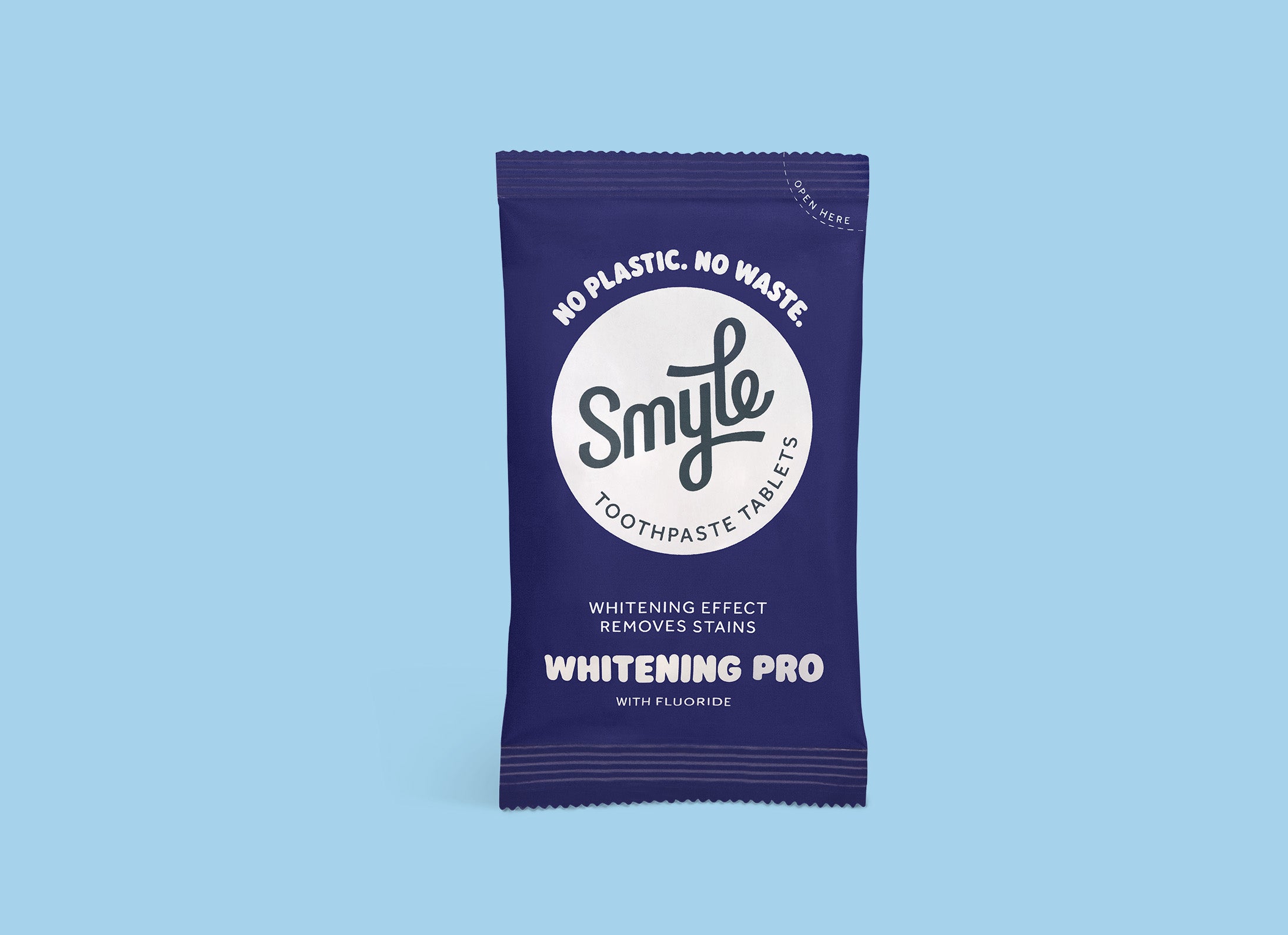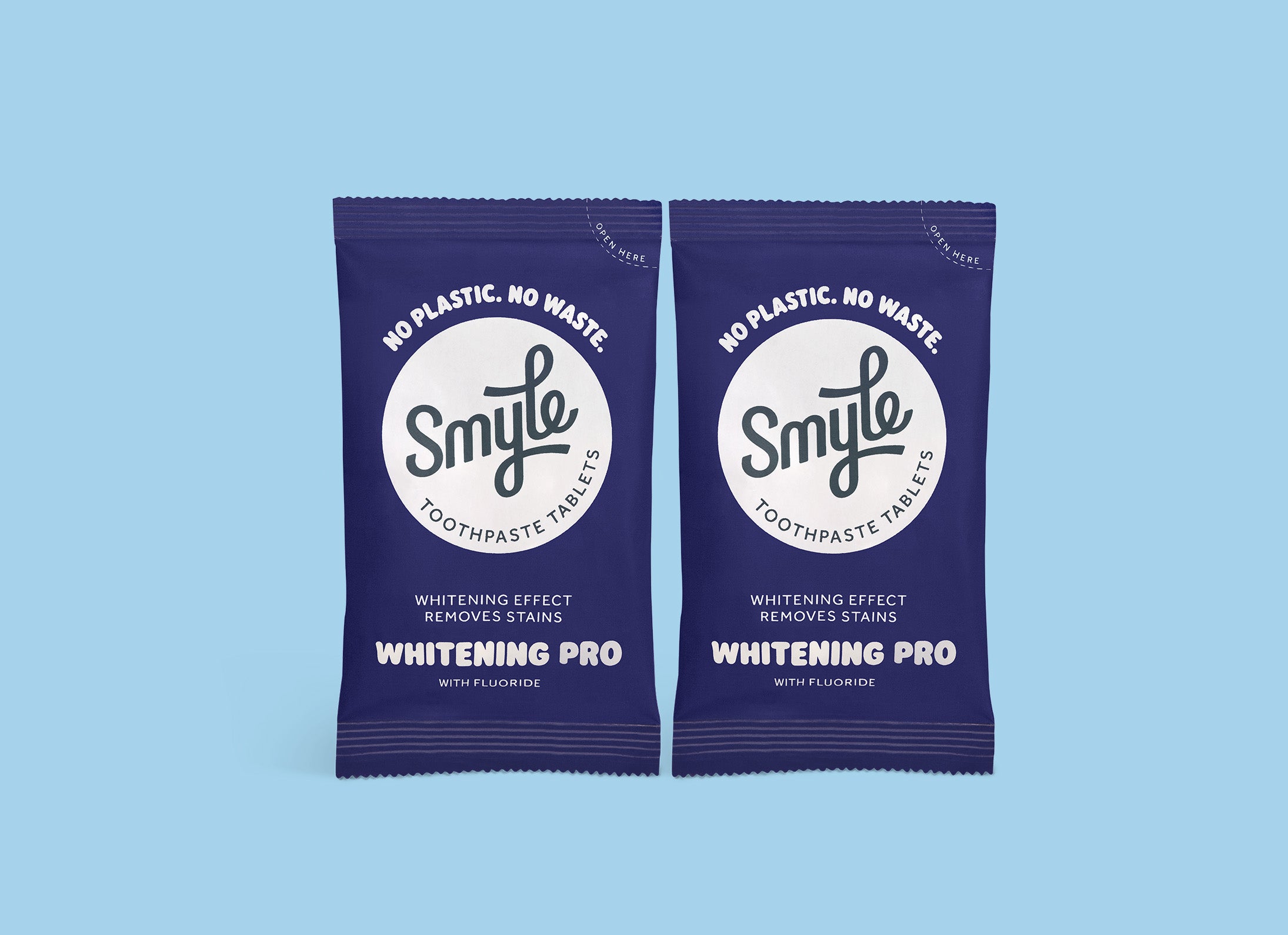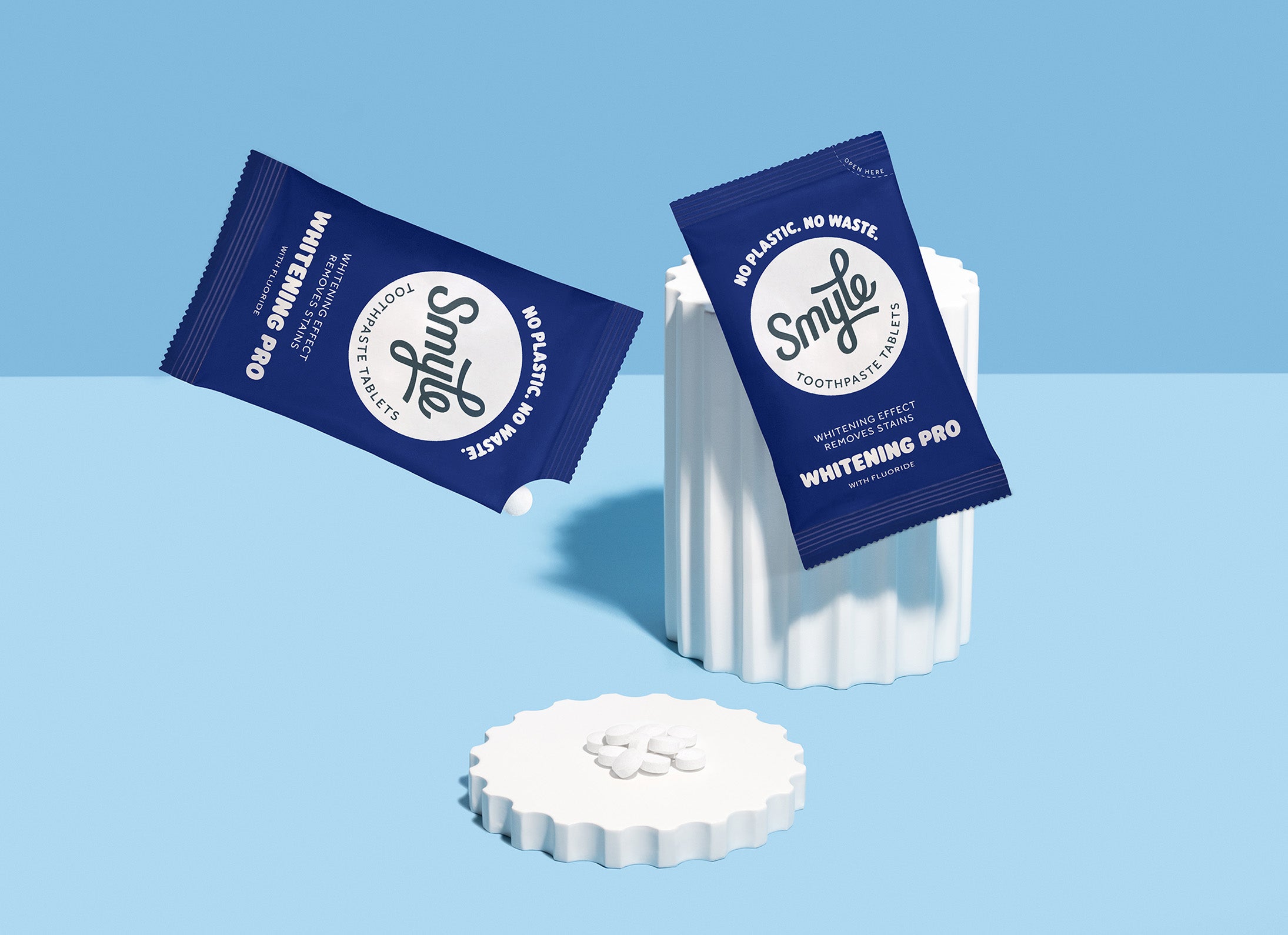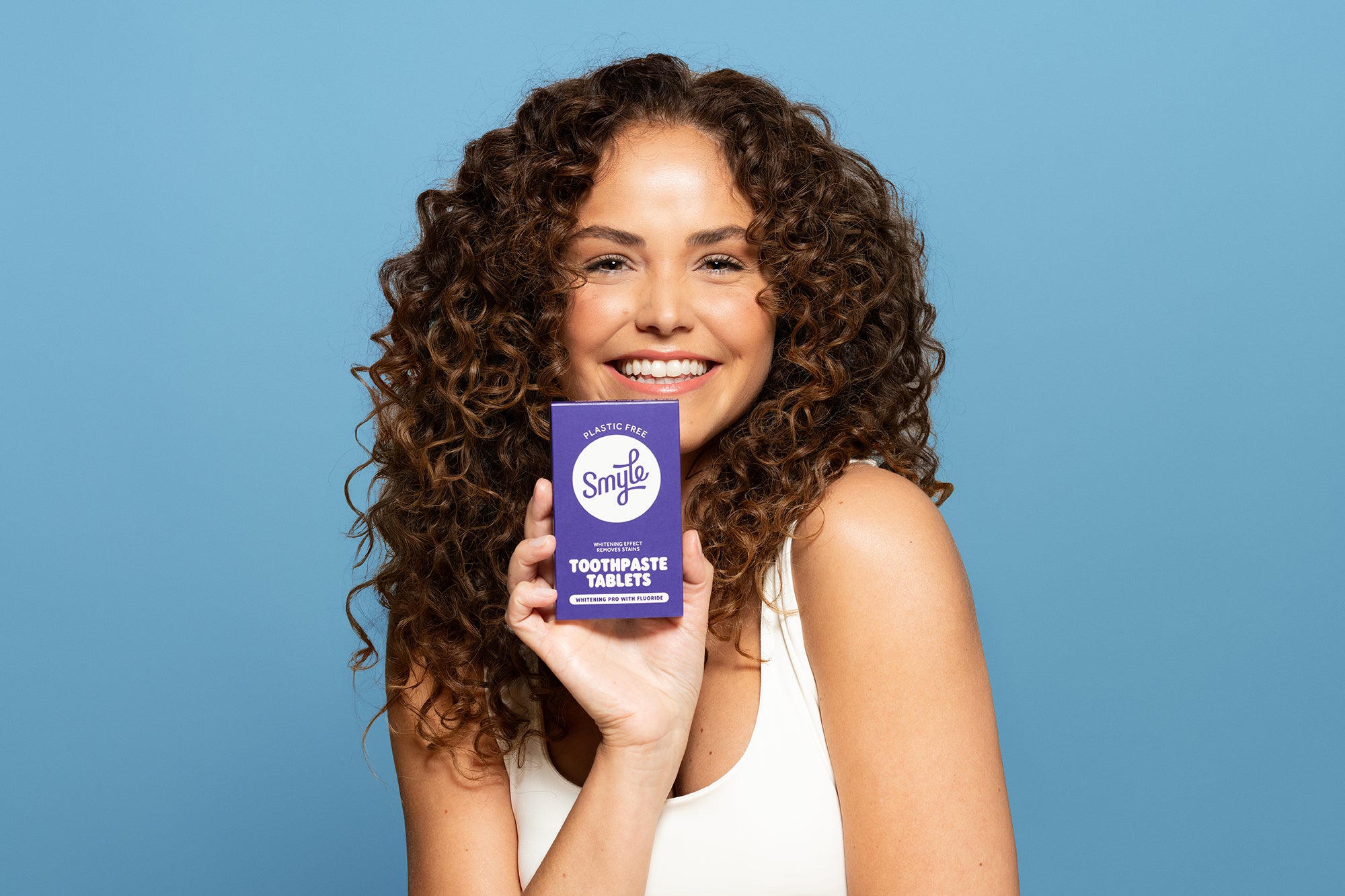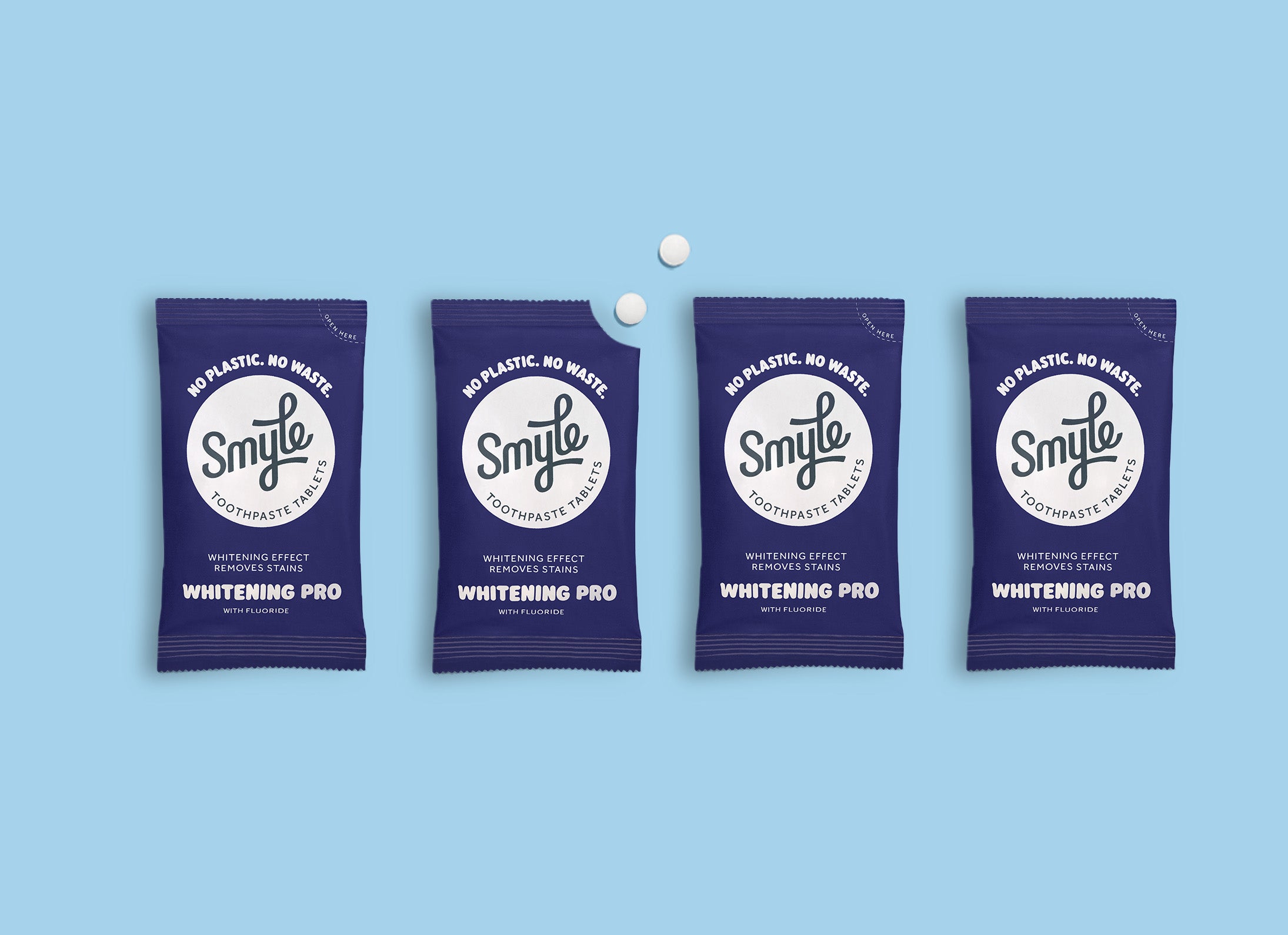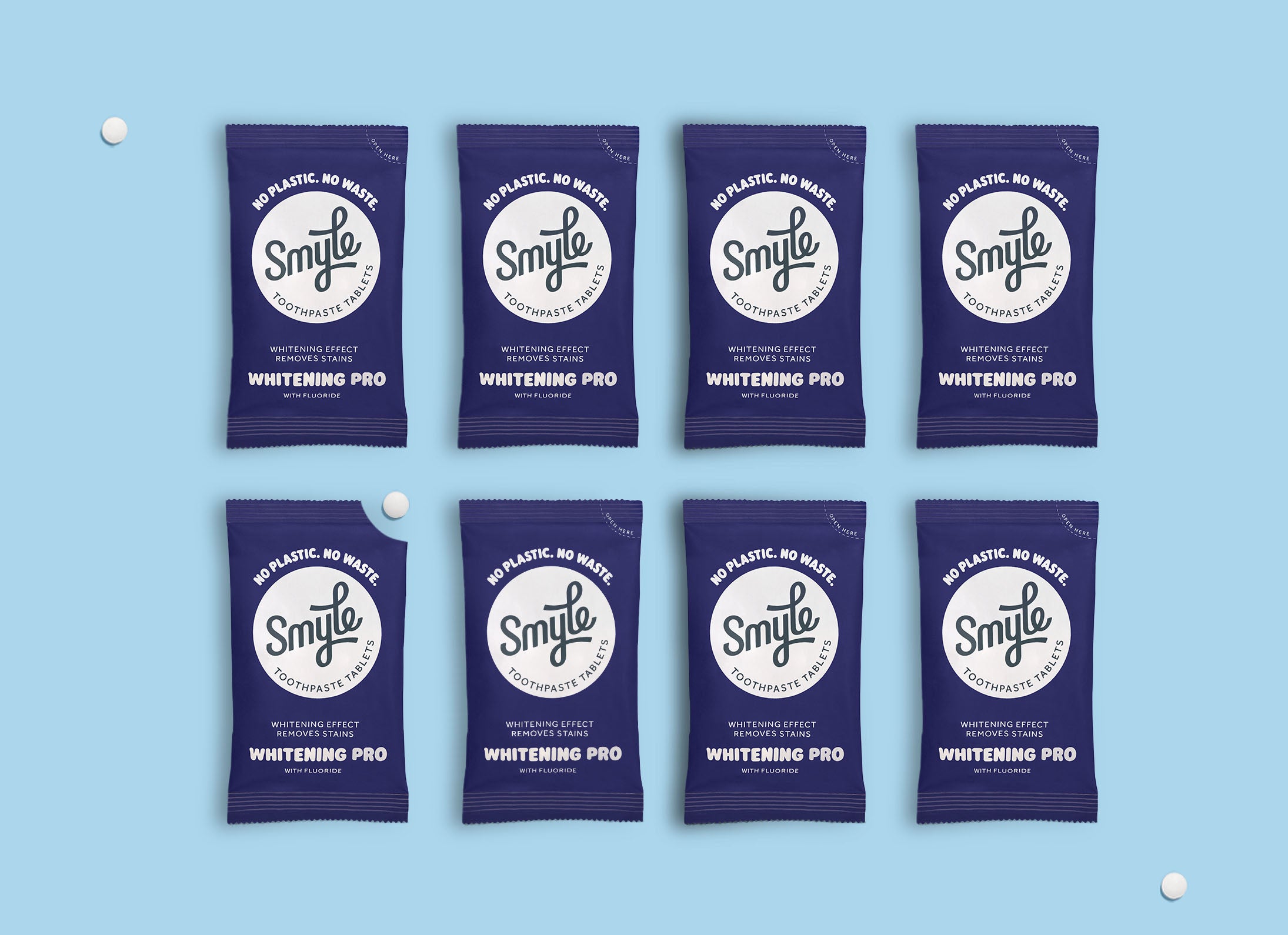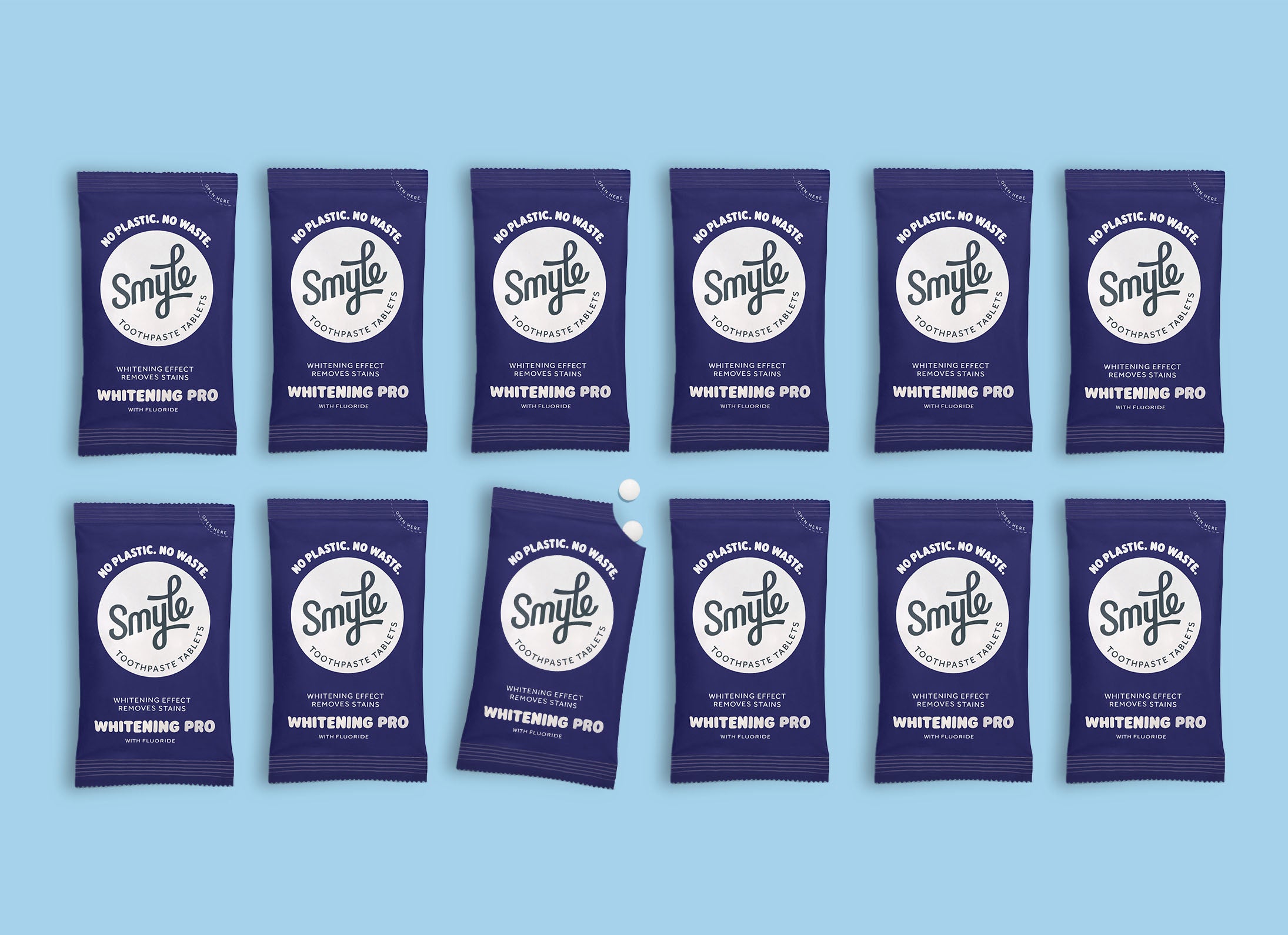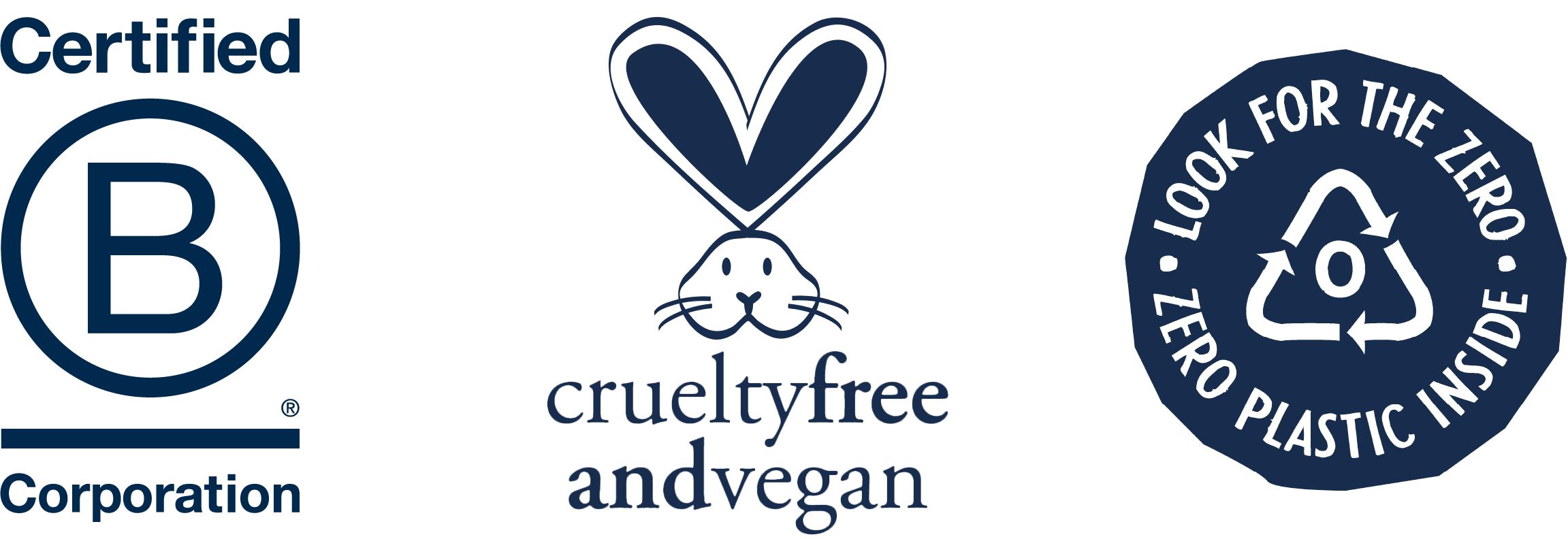
Looking for a Way to Whiten Your Teeth Naturally? Charcoal Toothpaste Might Have Caught Your Eye.
With proper brushing, regular flossing, and watching what you eat and drink, you can go a long way in keeping your teeth healthy and white. But if you're looking for that extra boost, charcoal toothpaste might seem like a promising option.
But does it really work as well as claimed? Or is it just another trend we're all jumping on?
Below, we dive deeper into charcoal toothpaste to find out if it's truly a miracle product—or just hype.
Charcoal Toothpaste: What Exactly Is It?
As the name suggests, charcoal toothpaste contains activated charcoal as a key ingredient. This charcoal is typically made from coconut shells or bamboo, ground into a fine powder and added to the toothpaste formula.
What Are the Benefits of Charcoal Toothpaste?
Charcoal toothpaste is believed to offer several benefits:
-
It may help whiten your teeth, thanks to its mild abrasive effect, which can remove surface stains and discoloration.
-
It may help reduce plaque and prevent cavities, as charcoal has antibacterial properties that target harmful bacteria in the mouth.
What Are the Drawbacks of Charcoal Toothpaste?
Despite its popularity, charcoal toothpaste also comes with some downsides:
-
Overbrushing with charcoal toothpaste can damage your enamel due to its abrasive texture.
-
Charcoal particles can become trapped between teeth and gums, potentially leading to irritation or gum inflammation.
-
Frequent use may increase tooth sensitivity over time.
So, Is Charcoal Toothpaste Good or Bad?
As you can see, charcoal toothpaste has both pros and cons. It's not inherently good or bad—whether it's suitable for you depends on your individual needs.
-
If you already have sensitive teeth, it’s best to avoid charcoal toothpaste and opt for a toothpaste designed specifically for sensitivity.
-
If you don’t have sensitivity issues and want a mild whitening effect, charcoal toothpaste could be worth trying.
Just be cautious:
-
Use it no more than twice a day
-
Don’t brush for more than two minutes at a time
This will help avoid damage to your enamel and gums.
Charcoal Toothpaste for a Radiant White Smile?
Charcoal toothpaste can be a helpful tool in your oral care routine if you're aiming for a brighter smile. Its abrasive and antibacterial properties can offer noticeable benefits.
However, use it sparingly and gently to avoid causing harm.
Whether it’s right for you depends on your preferences and dental condition. If in doubt, always consult your dentist or dental hygienist before trying charcoal toothpaste.
Want to get the best results from your toothpaste—and your oral hygiene overall?
-
Have your teeth professionally cleaned regularly
-
Use a toothpaste that fits your needs, ideally one approved by dentists
-
And remember: you don’t need charcoal to get whiter teeth. There are plenty of effective alternatives, such as fluoride toothpastes designed for whitening.
If you do decide to give charcoal toothpaste a go, make sure to choose a reputable brand that has been thoroughly tested.
Not ready to hop on the charcoal trend—or found it’s not quite your thing?
Check out Smyle’s toothpaste tablets instead: a sustainable, dentist-approved alternative that delivers both protection and whitening without harsh ingredients.



































